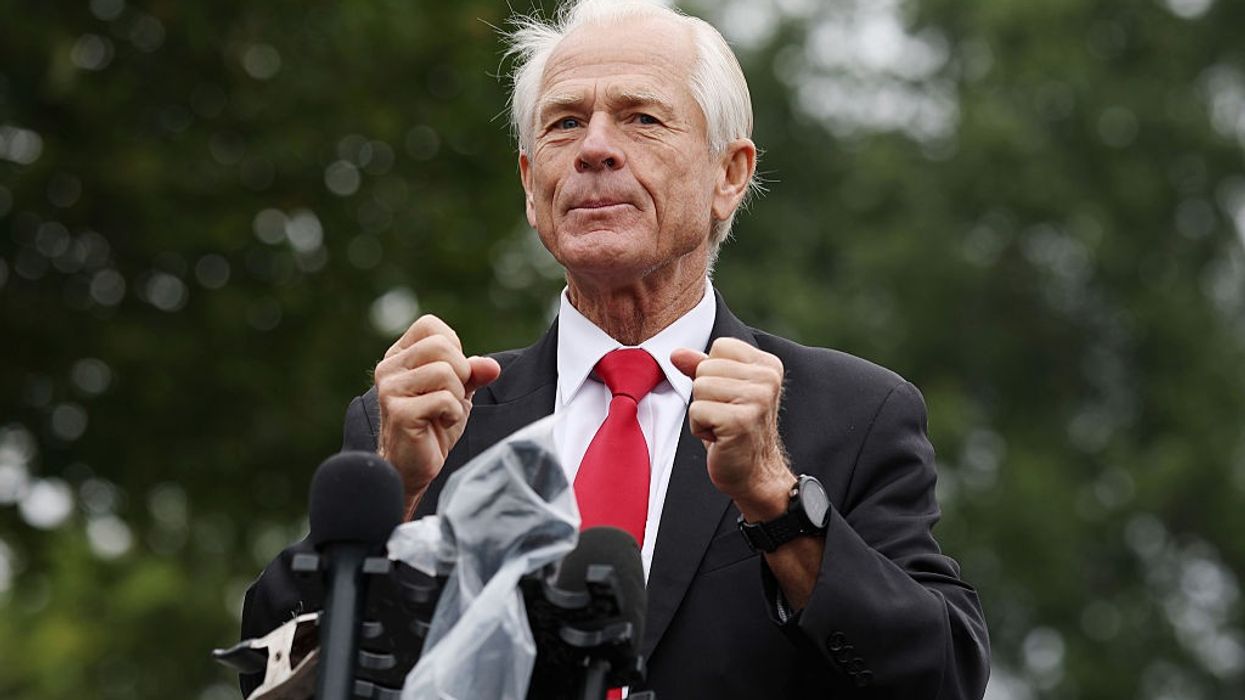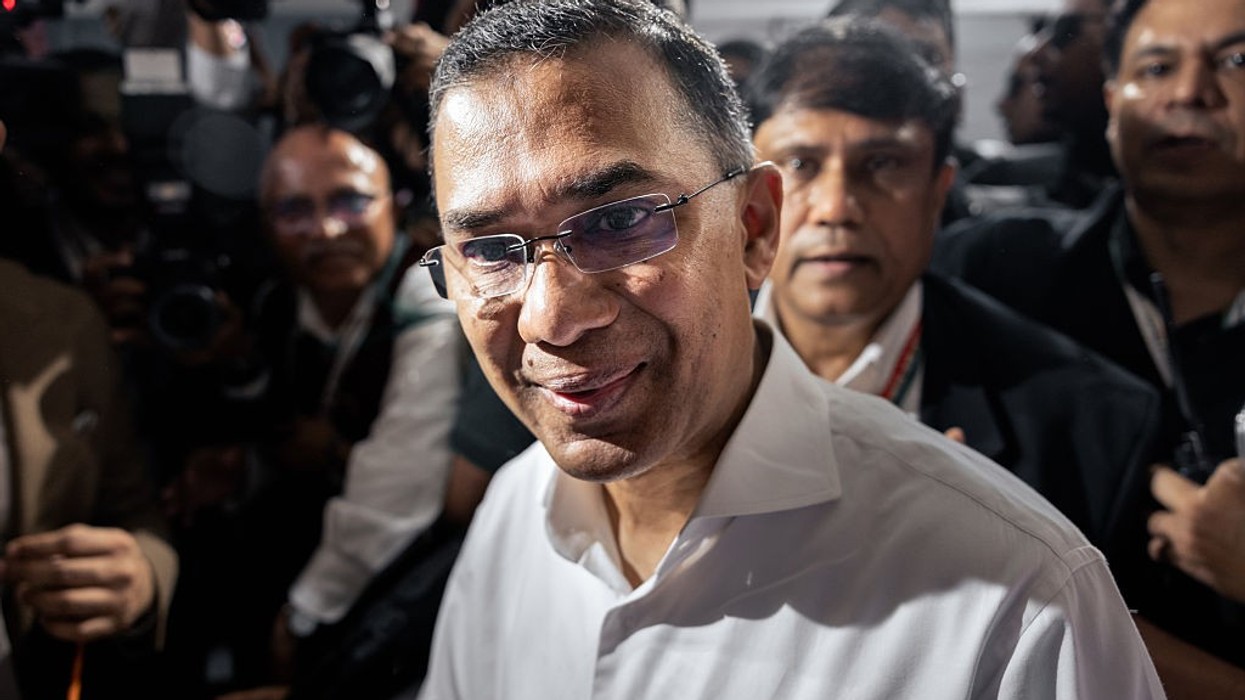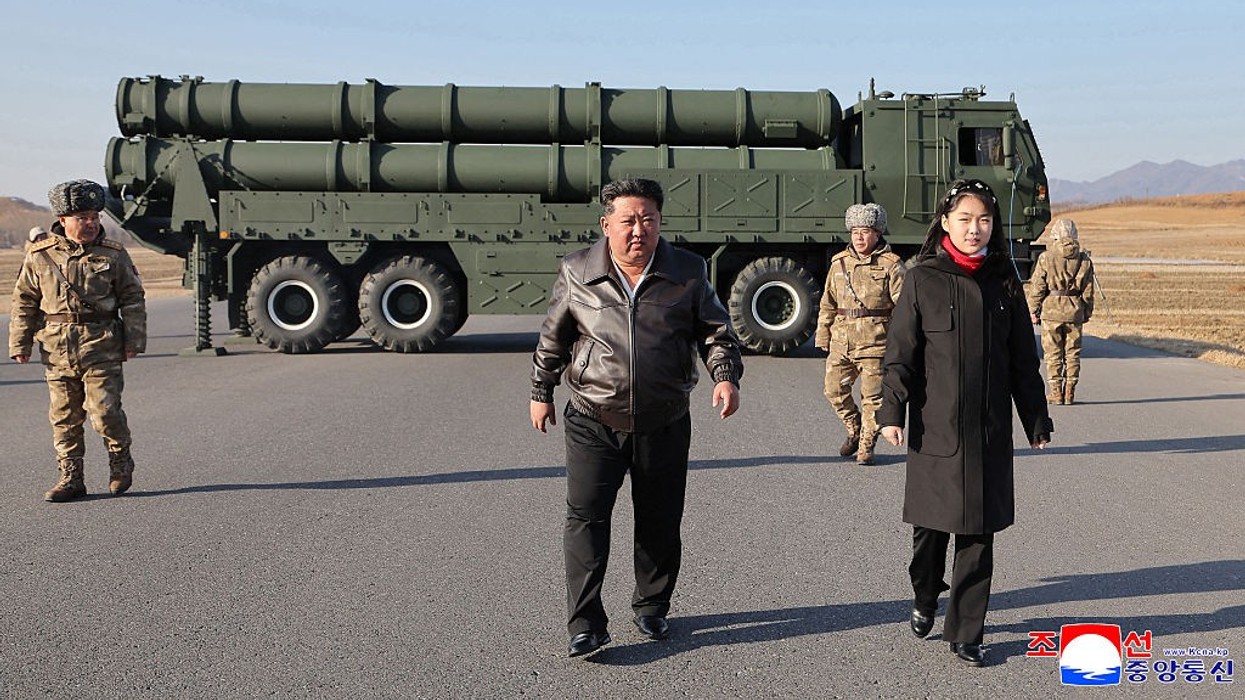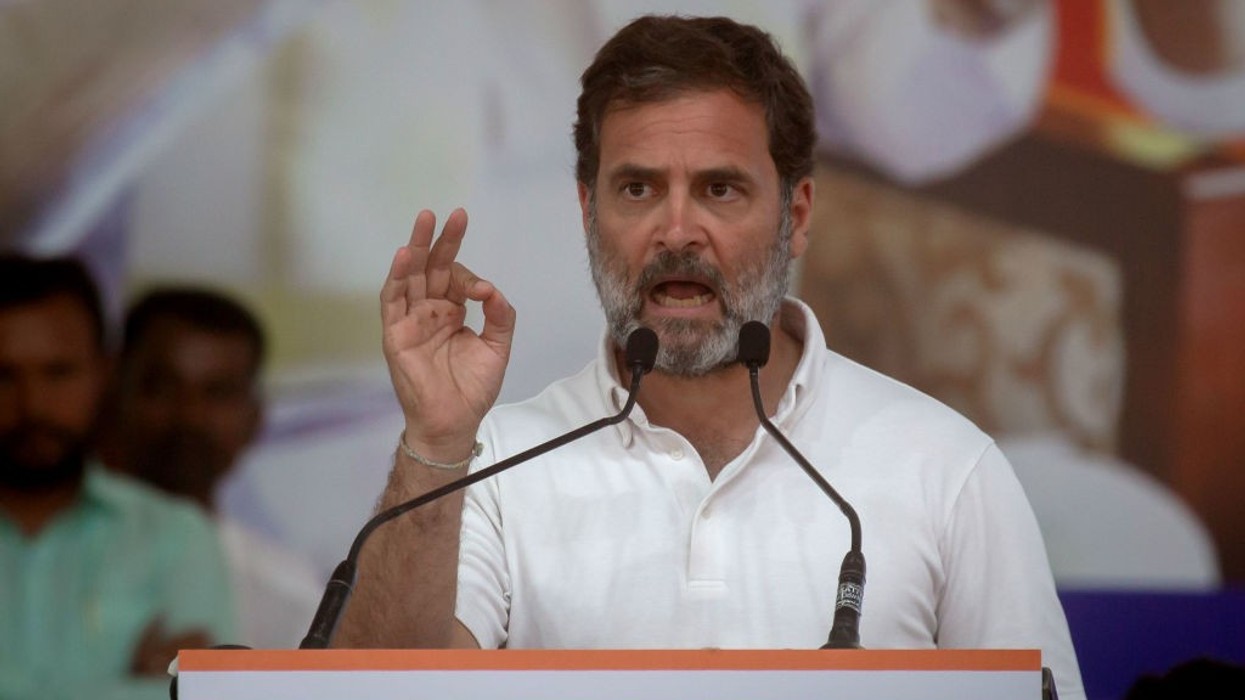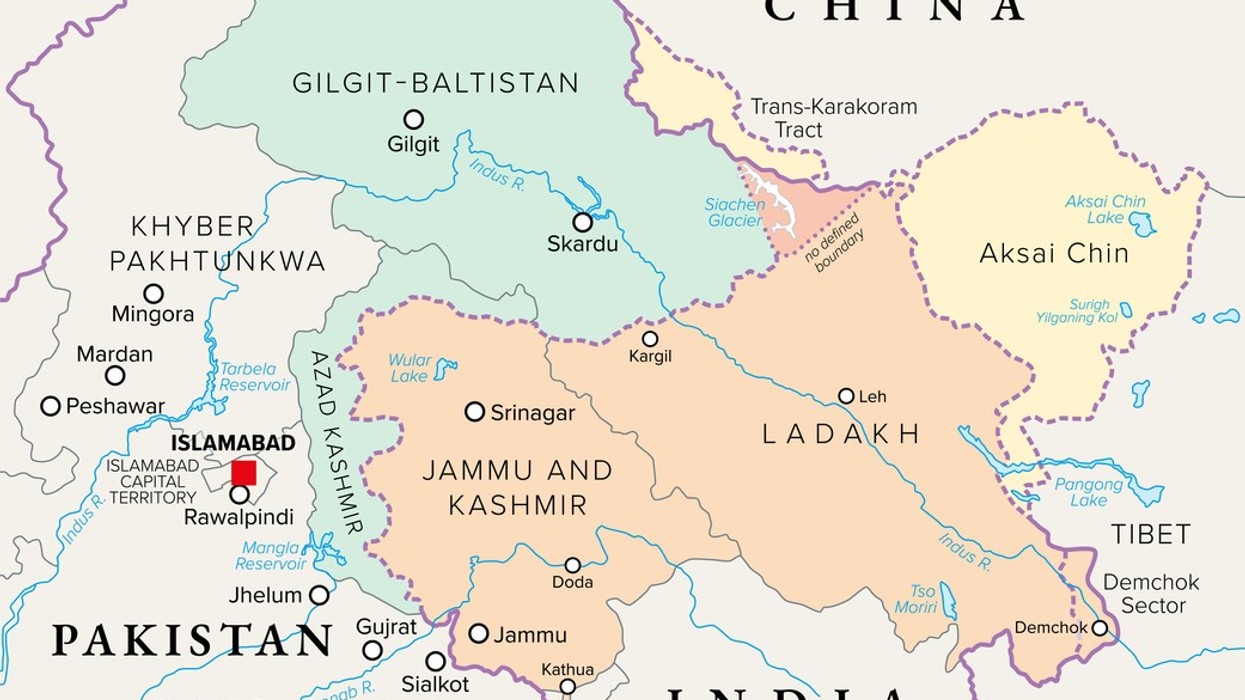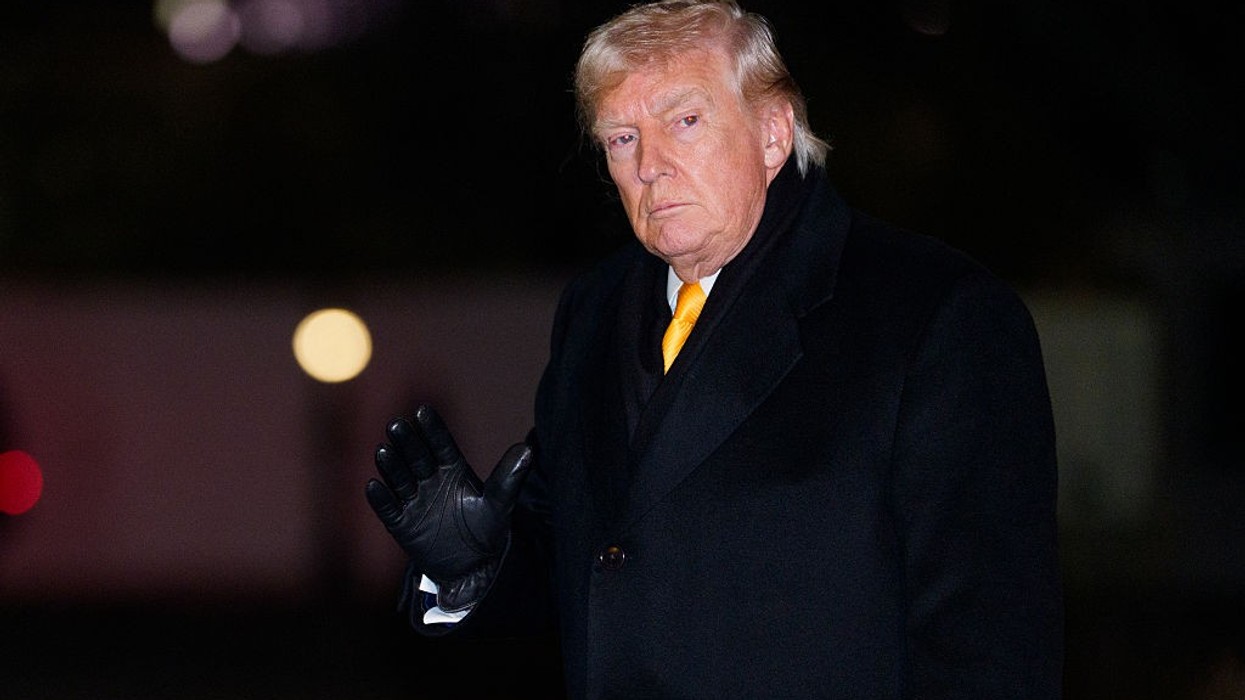Highlights:
- Navarro says India turned into an “oil money laundromat” for Russia.
- Claims Indian refiners profit from discounted Russian crude exports.
- Accuses India of fueling Putin’s war while blocking US goods.
- US imposed 50 per cent tariffs on Indian imports this week.
- Democrats slam Trump for singling out India while sparing China.
White House trade adviser Peter Navarro escalated his criticism of India, labelling it an “oil money laundromat for the Kremlin” in a series of social media posts and interviews. The comments come amid heightened tensions following the Trump administration’s imposition of 50 per cent tariffs on Indian goods, a move attributed to New Delhi’s continued imports of discounted Russian oil.
Trade tensions and strategic partnership put to test
Navarro warned that if India "wants to be treated like a strategic partner of the US, it needs to act like one," suggesting that India's actions are undermining the bilateral relationship. The 50 per cent US tariff, effective from August 28, 2025, includes 25 per cent for "unfair trade" and 25% for "national security" concerns, directly responding to India’s oil dealings with Russia.
According to Navarro, “India’s Big Oil lobby has turned the largest democracy in the world into a massive refining hub and oil money laundromat for the Kremlin.” He alleges Indian refiners buy cheap Russian oil—now accounting for up to 40 per cent of India’s crude imports—process it, and export refined fuels to Europe, Africa, and Asia, with proceeds indirectly bolstering Russia’s war chest.
Accusations of perpetuating Russia’s revenue
Navarro claims that India is fueling Russia's economy through these arrangements, noting, "India now exports over 1 million barrels a day in refined petroleum—more than half the volume of Russian crude it imports." He further accused Indian profiteers and politically connected energy companies of facilitating flows of hard currency into Russian coffers, thereby supporting the war in Ukraine.
He also criticized India's growing trade deficit with the US, stating, “The U.S. runs a $50-billion trade deficit with India—and New Delhi is using ‘our dollars to buy Russian oil’. They make a killing and Ukrainians die.” Navarro argues that American consumers lose out as India keeps out US exports using high tariffs, while US taxpayers end up funding aid to Ukraine.
Policy backlash and political critique
Navarro’s remarks extend to defense ties, highlighting India’s ongoing purchases of Russian weapons even as it seeks advanced military technology transfers from the US. He calls this “strategic freeloading,” implying India expects economic and security benefits while ignoring US policy priorities.
Indian officials have condemned the US tariffs as “unjustified and unreasonable” and maintain their stance that national interests drive economic decisions. They affirm readiness to “take all necessary measures to safeguard national interests and economic security,” while continuing diplomatic dialogue.
Meanwhile, US Democrats have slammed Trump’s administration for “singling out” India instead of imposing similar sanctions on China, the leading importer of Russian oil. The House Foreign Affairs Committee warned that targeting India with tariffs “hurts Americans and sabotages the US-India relationship,” suggesting the action is less about Ukraine and more about trade politics.
Economic and geopolitical backdrop
India’s imports of Russian oil surged from less than 1 per cent before the Ukraine war to 30-40 per cent in 2025, as discounted prices helped Indian refiners and exporters. Analysts say these gains are offset by the impact of US tariffs, with India facing tough choices between economic benefits and strategic realignments.
The accusations come as India balances global energy needs, inflation risks, and diplomatic fallout from the Ukraine crisis. Indian officials argue that Western nations themselves have not halted all trade with Russia, urging a more nuanced approach.
Peter Navarro’s blunt critique and the US tariff escalation mark a new low in US-India trade ties, placing their strategic partnership under scrutiny. As India seeks to defend its policies and manage domestic energy demands, ongoing diplomatic engagement will be crucial to address mutual concerns and restore equilibrium in the relationship.
